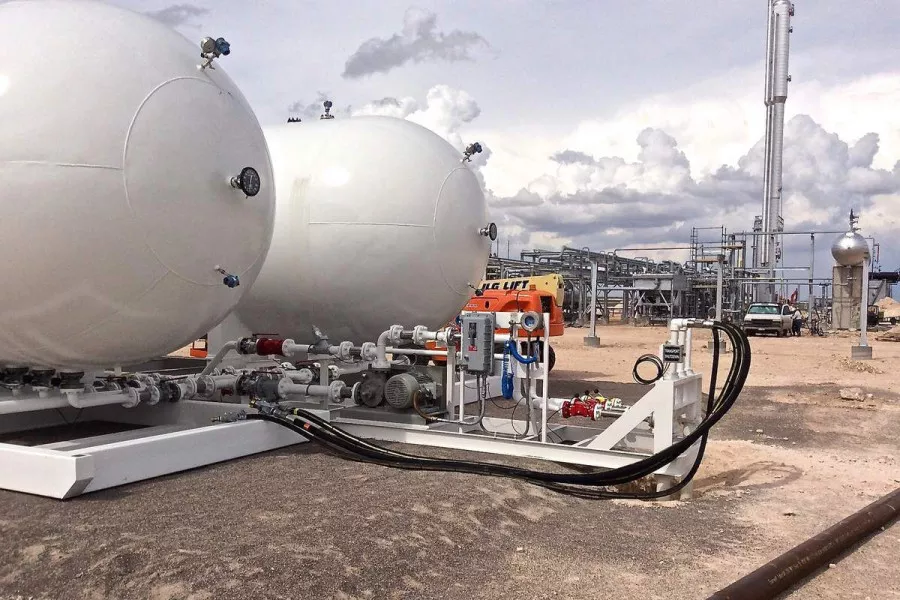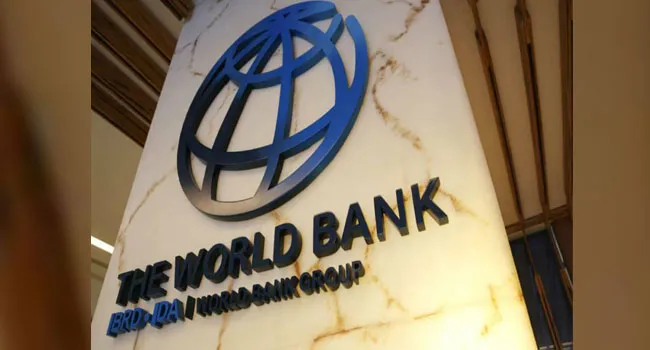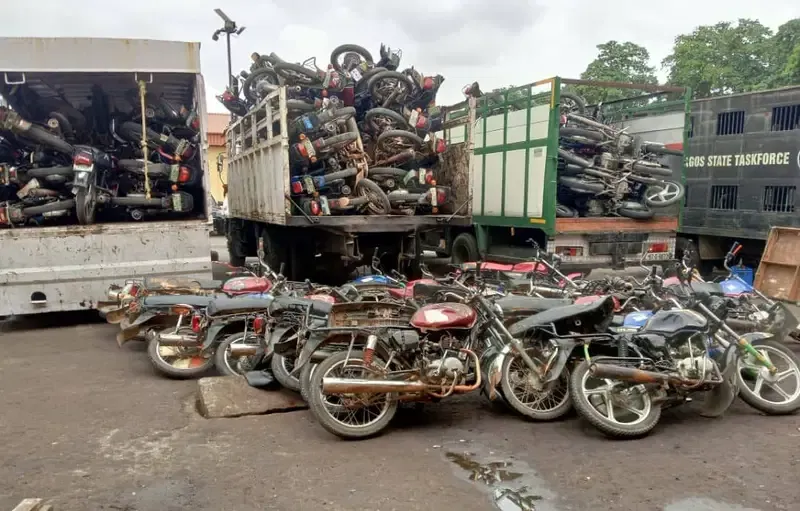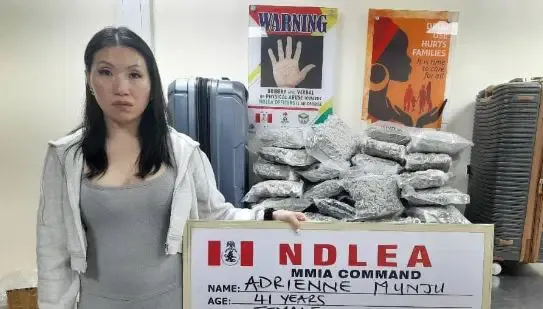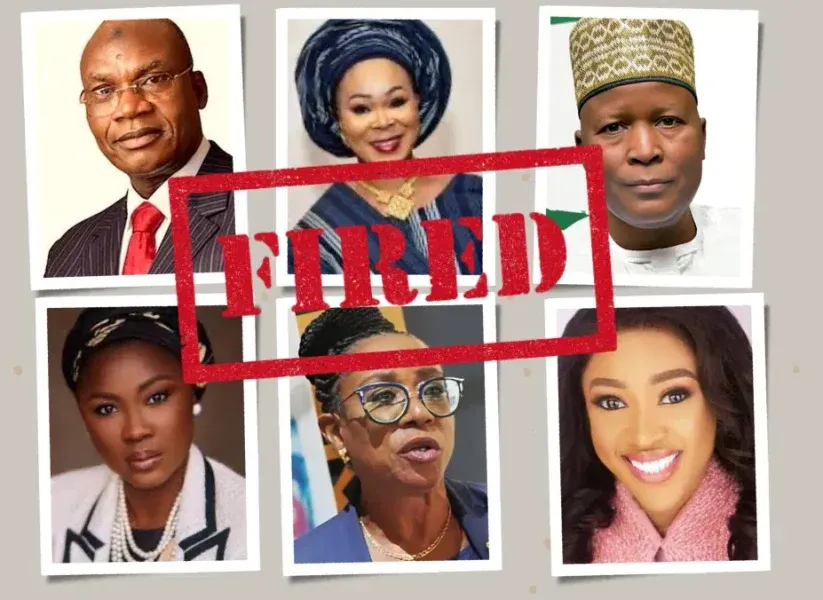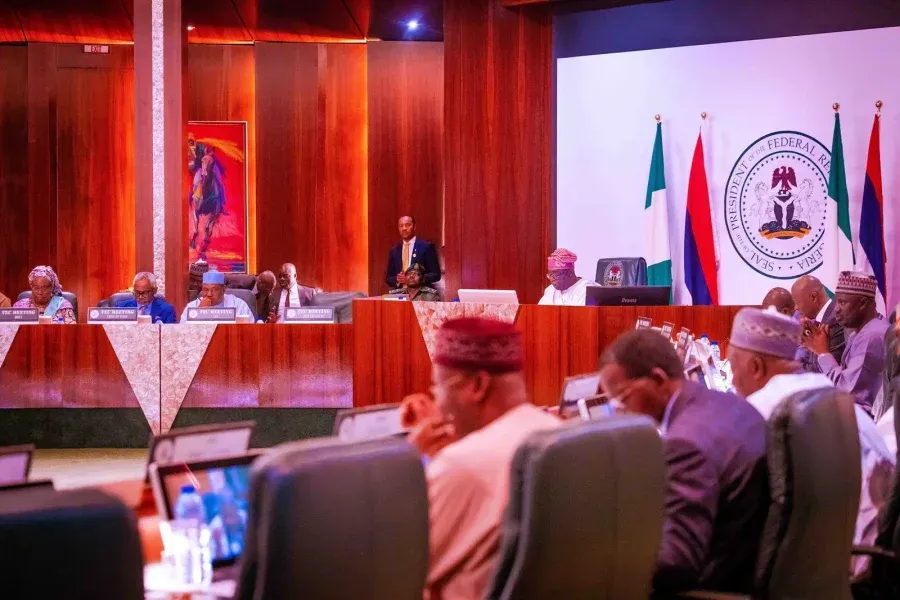The Minister of State for Petroleum Resources (Gas), Hon Ekperikpe Ekpo, has announced a significant policy shift aimed at addressing the surging prices of Liquefied Petroleum Gas (LPG), commonly known as cooking gas, in the Nigerian market.
Speaking at a workshop in Abuja on Thursday, the Minister revealed that there would be a halt in the export of LPG until local demand has been adequately met. This decision comes amidst a sharp increase in the price of cooking gas, which spiked by over 20 percent this week alone, soaring from N1,030 per kilogram to N1,240/kg.
Acknowledging the challenges faced by Nigerians due to the rising cost of LPG, the government has pledged to improve the supply of cooking gas to the domestic market. Despite the government’s efforts to promote gas utilization, including the declaration of the decade of gas, low production levels and escalating prices have hindered widespread adoption of LPG among Nigerians.
Minister Ekpo emphasized the government’s commitment to incentivize the domestic production and distribution of LPG. Notably, the government has removed all taxes and levies on the importation of gas-related equipment, aiming to stimulate investment in the sector.
Furthermore, Ekpo affirmed ongoing discussions with key stakeholders to ensure that locally produced LPG remains within the country, thereby bolstering domestic supply. By increasing domestic production and consumption, the government anticipates a reduction in prices, making cooking gas more affordable for the populace.
Addressing concerns regarding the apparent discrepancy between the removal of taxes and actual price reductions, the Minister explained that the policy changes may not immediately translate to lower prices. He attributed this to market dynamics, stating that investors seek to maximize profits. Nonetheless, Ekpo assured that regulatory bodies are actively engaged to ensure price stabilization and affordability for consumers.
As Nigerians grapple with economic challenges, particularly amidst the current global energy crisis, the government’s intervention in the LPG market aims to alleviate the burden on households and promote sustainable energy usage.
In related news, security and economic challenges continue to persist in Nigeria, as highlighted by Professor Aghalino, while recent incidents of violence, including the killing of four individuals in Ebonyi state by unidentified gunmen, underscore the urgency of addressing broader societal issues beyond the energy sector.
